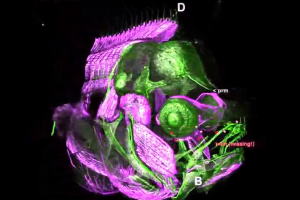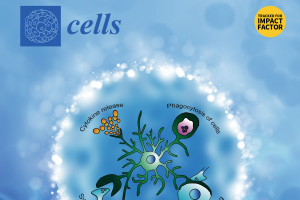Scientists have discovered that certain changes in the TERT gene contribute to the progression of this type of cancer. Understanding the mechanism may open a new perspective on a more personalized form of therapy for one of the most common tumors in the world.
A research team, led by Pedro Castelo Branco, from the Centre for Biomedical Research (CBMR), participated in an international consortium and found that specific changes in the regulation of the telomerase gene – TERT – responsible for the multiplication of cancer cells – contributes to the progression of bladder cancer.
Being one of the 10 most common cancers in the world and the fifth most common in Europe, in urothelial bladder cancer (UBC), risk stratification remains an important unmet need.
This research, which started from an international cohort of 237 patients with bladder cancer, reveals that there are certain genetic and epigenetic alterations that can help to improve the diagnosis and prognosis of the disease, allowing a more customized therapy in the future.
This study proved that mutations of this gene are present in 76.8% of the analyzed cases of patients with bladder cancer, in all phases and stages of the disease.
Furthermore, through this investigation, it was possible to show that the hypermethylation of THOR, a specific region of the telomerase gene (which has the particularity of being commonly “active” in cancer), when combined with this mutation, contributes to an increased risk of recurrence and progression of the disease.
As explained by Pedro Castelo-Branco, principal investigator of the group of Epigenetics and Human Disease, “this research is especially relevant because it brings valuable information for the prognosis of a disease that affects, on average, 17.6% of the Portuguese population. These data bring new insights into the biology of cancer itself.”

















